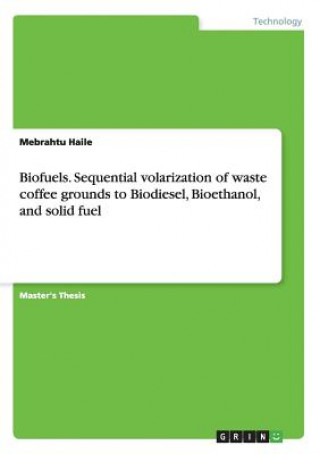
Kód: 02765415
Biofuels. Sequential volarization of waste coffee grounds to Biodiesel, Bioethanol, and solid fuel
Autor Mebrahtu Haile
Master's Thesis from the year 2014 in the subject Energy Sciences, , course: Biofuels, language: English, abstract: In this study, the utilization of waste coffee residue for biodiesel production, its solid byproduct after oil ext ... celý popis
- Jazyk:
 Angličtina
Angličtina - Vazba: Brožovaná
- Počet stran: 104
Nakladatelství: Grin Publishing, 2014
- Více informací o knize

Mohlo by se vám také líbit
-

Alternative Dispute Resolution
4583 Kč -

Baggy Pants Comedy
1259 Kč -

From-Aways
363 Kč -

Bears Don't Read!
423 Kč -

Through Students' Eyes
3407 Kč -

Beste Von Johann Sebastian Bach (John W. Schaum)
546 Kč -

100% Perfect Girl
306 Kč
Darujte tuto knihu ještě dnes
- Objednejte knihu a zvolte Zaslat jako dárek.
- Obratem obdržíte darovací poukaz na knihu, který můžete ihned předat obdarovanému.
- Knihu zašleme na adresu obdarovaného, o nic se nestaráte.
Více informací o knize Biofuels. Sequential volarization of waste coffee grounds to Biodiesel, Bioethanol, and solid fuel
Nákupem získáte 184 bodů
 Anotace knihy
Anotace knihy
Master's Thesis from the year 2014 in the subject Energy Sciences, , course: Biofuels, language: English, abstract: In this study, the utilization of waste coffee residue for biodiesel production, its solid byproduct after oil extraction for bioethanol production, as well as the second byproduct after bioethanol production for solid fuel and compost production was investigated. For the study, waste coffee residue sample was collected from TOMOCA PLC, Addis Ababa, Ethiopia. The oil was then extracted using n-hexane and resulted in oil yield of 19.73 %w/w. The biodiesel was obtained by a two-step process, i.e. acid catalyzed esterification followed by base catalyzed transesterification using catalysts sulfuric acid and sodium hydroxide respectively. The conversion, after esterification of waste coffee residue oil in to biodiesel, was about 80.4%. Various parameters that are essential for biodiesel quality were evaluated using the American Standard for Testing Material (ASTM D 6751- 09). The results obtained for kinematic viscosity (5.3 mm˛/s), carbon residue (0.033%), flash point (222°C), ash content (0.0123%), water and sediment (0.01%), iodine value (73.41 gI2/100g), acid value (0.78), copper striping corrosion (1a) and calorific value (38.4 MJ/kg) revealed that all quality parameters are within the range specified except for acid value. The fatty acid composition of the biodiesel was also analyzed by Gas chromatography and the major fatty acids found were linoleic acid (39.8%), palmitic acid (37.6%), oleic (12.7%), and stearic acid (7.6%). In addition, the solid waste remaining after oil extraction was investigated for possible use as a feedstock for the production of bioethanol. Hydrolysis of the spent was carried out using dilute sulfuric acid followed by fermentation using S. cereviciae, and resulted in bioethanol yield of 8.3 %v/v. Furthermore, the solid waste remaining after bioethanol production was evaluated for compost and solid fuel applications. The result indicated that the processed coffee residues could still be used as compost (21.9:1 C/N) and solid fuel (20.8 MJ/Kg). Therefore, the results of this work may suggest a new insight to production of biofuel from waste materials. Keywords: Waste coffee residue, Biodiesel, spent of WCR, Saccharomyces cereviciae, Bioethanol, solid fuel, compost
 Parametry knihy
Parametry knihy
Zařazení knihy Knihy v angličtině Earth sciences, geography, environment, planning Earth sciences
1837 Kč
- Plný název: Biofuels. Sequential volarization of waste coffee grounds to Biodiesel, Bioethanol, and solid fuel
- Autor: Mebrahtu Haile
- Jazyk:
 Angličtina
Angličtina - Vazba: Brožovaná
- Počet stran: 104
- EAN: 9783656662105
- ISBN: 365666210X
- ID: 02765415
- Nakladatelství: Grin Publishing
- Hmotnost: 145 g
- Rozměry: 210 × 148 × 6 mm
- Datum vydání: 10. June 2014
Oblíbené z jiného soudku
-
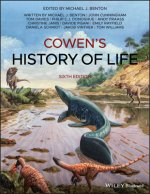
Cowen's History of Life 6e
2443 Kč -

Nature of Nature
548 Kč -
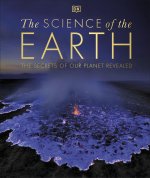
Science of the Earth
793 Kč -

Information
484 Kč -

Earth System History
2640 Kč -
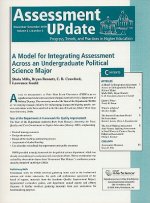
Mesoscale Meteorology in Midlatitudes
2306 Kč -

Terraforming Mars
6528 Kč -

ISE Physical Geology
1874 Kč -
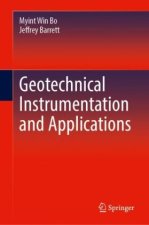
Geotechnical Instrumentation and Applications
2643 Kč -
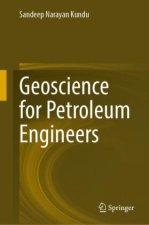
Geoscience for Petroleum Engineers
3060 Kč -
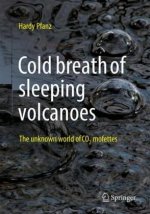
Cold breath of sleeping volcanoes
702 Kč -
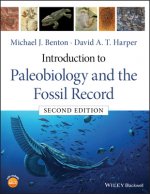
Introduction to Paleobiology and the Fossil Record , 2nd Edition
1799 Kč -
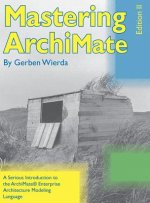
Mastering ArchiMate - Edition II
2198 Kč -

Quaternary Dating Methods
2950 Kč -
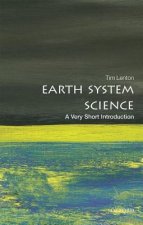
Earth System Science: A Very Short Introduction
269 Kč -
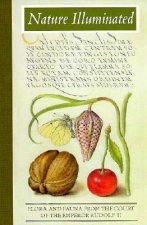
Nature Illuminated
422 Kč -
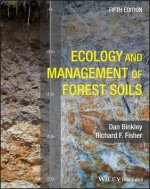
Ecology and Management of Forest Soils 5e
3568 Kč -

Earth History and Palaeogeography
2512 Kč -
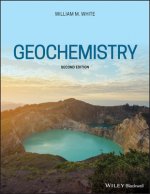
Geochemistry, Second Edition
3079 Kč -

Computational Fairy Tales
355 Kč -

Fundamental Planetary Science
1880 Kč -
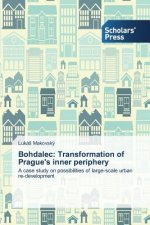
Bohdalec
1593 Kč -

New Trends in Earth-Science Outreach and Engagement
3313 Kč -

Hunterian Lectures in Comparative Anatomy, May & June 1837 (Cloth)
3050 Kč -

Quaternary Dating Methods
2922 Kč -
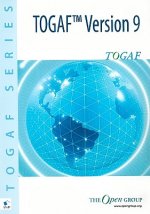
TOGAF Version 9
3449 Kč -
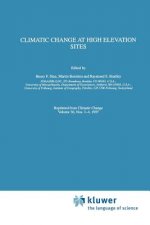
Climatic Change at High Elevation Sites
5094 Kč -
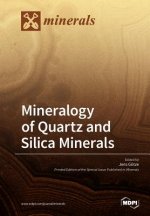
Mineralogy of Quartz and Silica Minerals
1759 Kč -

Sailing Directory for the Baltic, Comprising a General Description of the Bays, Harbours, Islands, Included Between the Sound and the Gulf of Finland.
559 Kč -

Mutual Evolution of Earth and Humanity
1520 Kč -
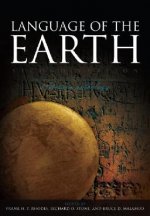
Language of the Earth 2e
1460 Kč -
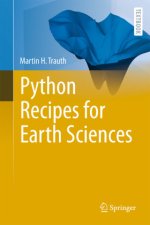
Python Recipes for Earth Sciences
2259 Kč -
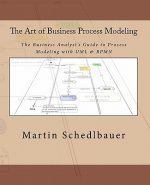
Art of Business Process Modeling
301 Kč -
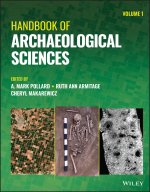
Handbook of Archaeological Sciences
4376 Kč -
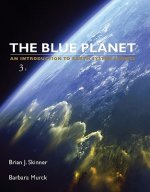
Blue Planet - An Introduction to Earth System Science 3e
5670 Kč -

Earth Science, Global Edition
3089 Kč -
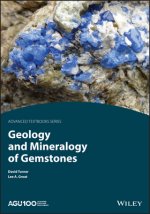
Geology and Mineralogy of Gemstones
3476 Kč -
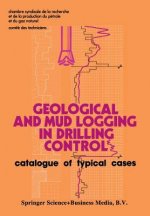
Geological and Mud Logging in Drilling Control
1681 Kč -
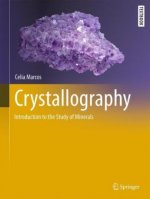
Crystallography
3017 Kč -

Red Sea
3422 Kč -

Lop Nor China
3562 Kč -
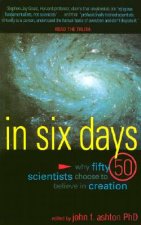
In Six Days
411 Kč -
![Crystallography for Beginners. with an Appendix on the Use of the Blowpipe and the Determination of Common Minerals, Etc. [With 3 Tables of Diagrams.] Crystallography for Beginners. with an Appendix on the Use of the Blowpipe and the Determination of Common Minerals, Etc. [With 3 Tables of Diagrams.]](https://media.libris.to/jacket/07986811t.jpg)
Crystallography for Beginners. with an Appendix on the Use of the Blowpipe and the Determination of Common Minerals, Etc. [With 3 Tables of Diagrams.]
562 Kč -
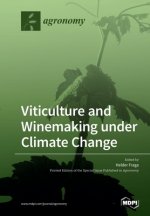
Viticulture and Winemaking under Climate Change
1759 Kč -

Oceans For Dummies
625 Kč -

Principles of Engineering Management
6578 Kč -
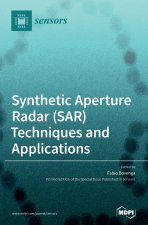
Synthetic Aperture Radar (SAR) Techniques and Applications
1961 Kč -
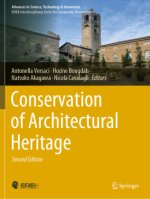
Conservation of Architectural Heritage
6578 Kč -
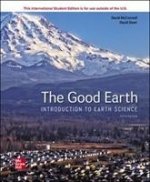
ISE The Good Earth: Introduction to Earth Science
2272 Kč
Osobní odběr Praha, Brno a 12903 dalších
Copyright ©2008-24 nejlevnejsi-knihy.cz Všechna práva vyhrazenaSoukromíCookies



 Vrácení do měsíce
Vrácení do měsíce 571 999 099 (8-15.30h)
571 999 099 (8-15.30h)